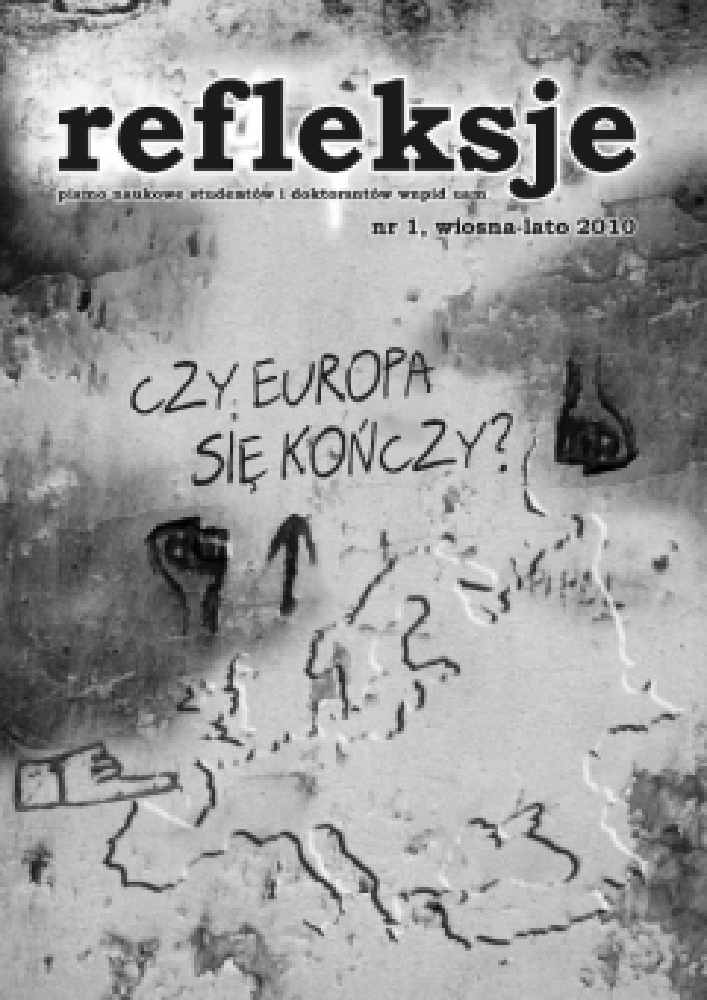Abstrakt
From the point of view of many European politicians, the Treaty of Lisbon should enable great development in the functioning of European Union. However, having analyzed the amendments introduced by this Treaty, one has to admit that either most of the changes had already functioned in the EU political system before December 2009, as political practice, or the changes have no major impact on EU. Therefore, a question should be posed why Lisbon Treaty was such an important issue for politicians that they wanted to ratify it despite the ‘no’ voting in Ireland. The only reasonable cause that could lead politicians to such a move is the fact that integration is still a vital process for the existence of EU. Another failure of treaty amendments could be seen as the end of the European project.
Bibliografia
A. Moravcsik, The Myth of Europe’s “Democratic Deficit”, „Intereconomics: Journal of European Economic Policy” November – December 2008
K. Bachmann, Konwent o przyszłości Europy. Demokracja deliberatywna jako metoda legitymizacji władzy w wielopłaszczyznowym systemie politycznym, Wrocław 2004
A. Moravcsik, What Can We Learn from the Collapse of the European Constitutional Project? A Symposium, „Politische Vierteljahresschrift”, 47:2,
A. Moravcsik, The European Constitutional Settlement, „World Economy” Vol. 31 Issue 1, January 2008
